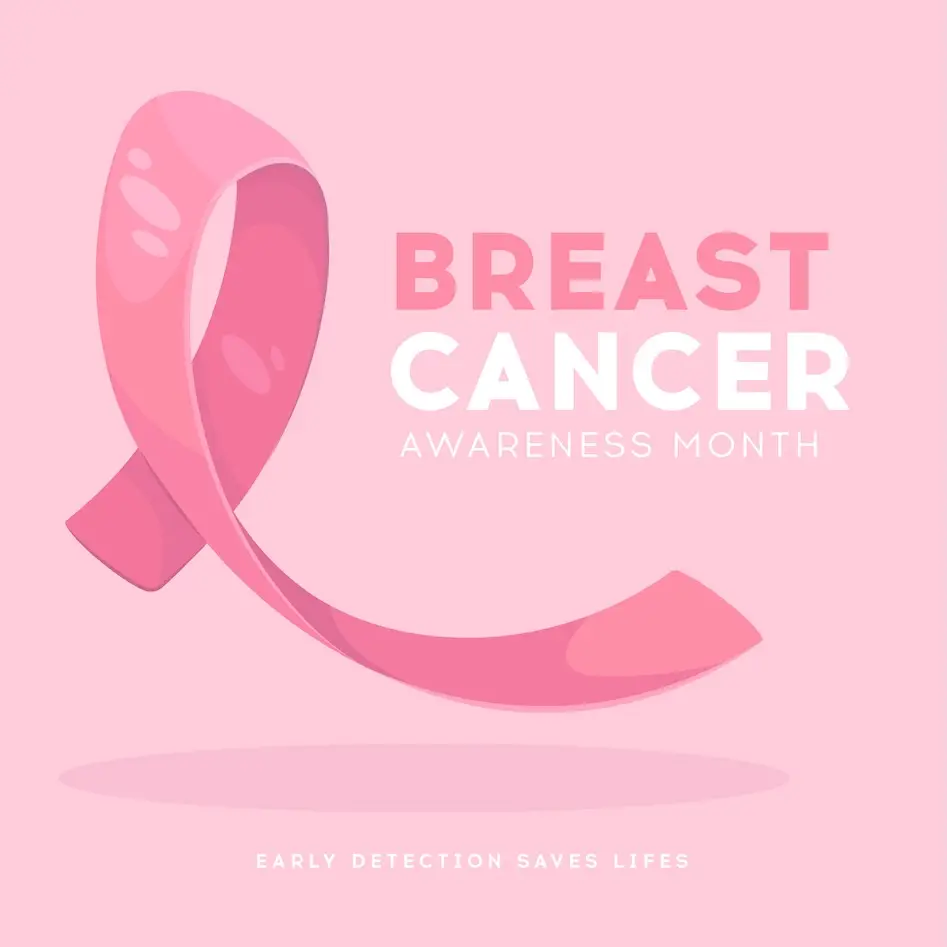Breast cancer remains one of the most common cancers affecting women worldwide, making awareness, early detection, and regular screenings crucial. Here, we cover the key points you should know about breast cancer, from understanding risk factors to the importance of testing and screening.

Understanding Breast Cancer
Breast cancer occurs when cells in the breast grow uncontrollably. While it primarily affects women, men can also develop breast cancer, though it’s far less common. The exact cause of breast cancer isn’t always known, but a combination of genetic, hormonal, and environmental factors is believed to contribute.
Key Risk Factors
- Age: The risk increases as you get older.
- Family history: Having close relatives with breast cancer raises the risk.
- Genetic mutations: BRCA1 and BRCA2 gene mutations increase the likelihood of breast cancer.
- Hormonal factors: Long-term use of hormone replacement therapy, early menstruation, and late menopause can heighten risk.
- Lifestyle factors: Smoking, alcohol consumption, and being overweight can also elevate risk.
Importance of Early Detection
Early detection of breast cancer increases the chances of successful treatment and survival. Routine self-exams, clinical breast exams, and mammograms can help identify changes in breast tissue early on. Women should know their bodies and report any changes, like lumps, swelling, or pain, to their healthcare provider immediately.
Key Screening Tests
- Mammogram: A mammogram is an X-ray of the breast and remains the gold standard for early detection. Women aged 40 and older should have annual or biennial mammograms, depending on their risk factors.
- Ultrasound: Breast ultrasounds are often used to further investigate abnormalities found during a physical exam or mammogram.
- MRI (Magnetic Resonance Imaging): MRI is recommended for women at high risk (such as those with BRCA mutations) as it provides detailed images of the breast.
- Biopsy: If a lump or abnormality is found, a biopsy is done to determine whether the growth is cancerous.
Latest Statistics on Breast Cancer in Women
- In 2024, it is estimated that about 297,790 new cases of invasive breast cancer will be diagnosed in women in the U.S., along with 55,720 cases of non-invasive breast cancer.
- Breast cancer accounts for about 30% of all new female cancers each year.
- The 5-year survival rate for breast cancer when caught early is 99%, showing the importance of early detection.
- Sadly, about 43,170 women are expected to die from breast cancer in 2024, underscoring the need for continued research, awareness, and prevention efforts.
Legal Perspective: Misdiagnosed Mammograms
Throughout the years, Stephanie Grana, a partner at Cantor Grana Buckner Bucci, has handled a number of failure-to-diagnose breast cancer cases. Most notably, from 2020 through 2022, Stephanie Grana represented 10 women whose mammograms were misdiagnosed. These patients, under the care of a defendant radiologist and his practice group, alleged that their mammograms were misread over several years. This led to late diagnoses of breast cancer at advanced stages, some with lymph node involvement. Tragically, three of the patients passed away during their respective cases. Stephanie and her team received 200+ calls pertaining to this radiologist.
The cases were all resolved through mediation or arbitration, with settlements after the coverage limits were tendered, totaling an $8.65 million settlement.
Advice from Stephanie Grana:
- Get in the routine of self-exams: Regularly check your breasts for any changes or abnormalities.
- Always get a copy of your medical reports: Keep personal records to ensure nothing is overlooked.
- Take the lead on follow-ups: Don’t rely solely on doctors or staff to get back to you. Be proactive about receiving your results and scheduling future appointments.
- Trust your instincts: If you feel that something is wrong, don’t hesitate to push for further testing or second opinions.
Take Action
Breast cancer awareness is not just about knowledge; it’s about empowerment. If you or a loved one believe a mammogram was misread, leading to a late diagnosis or advanced-stage breast cancer, Cantor Grana Buckner Bucci is here to help. Our experienced team, including Stephanie Grana, has a proven track record of holding healthcare professionals accountable and securing justice for victims of medical negligence.



